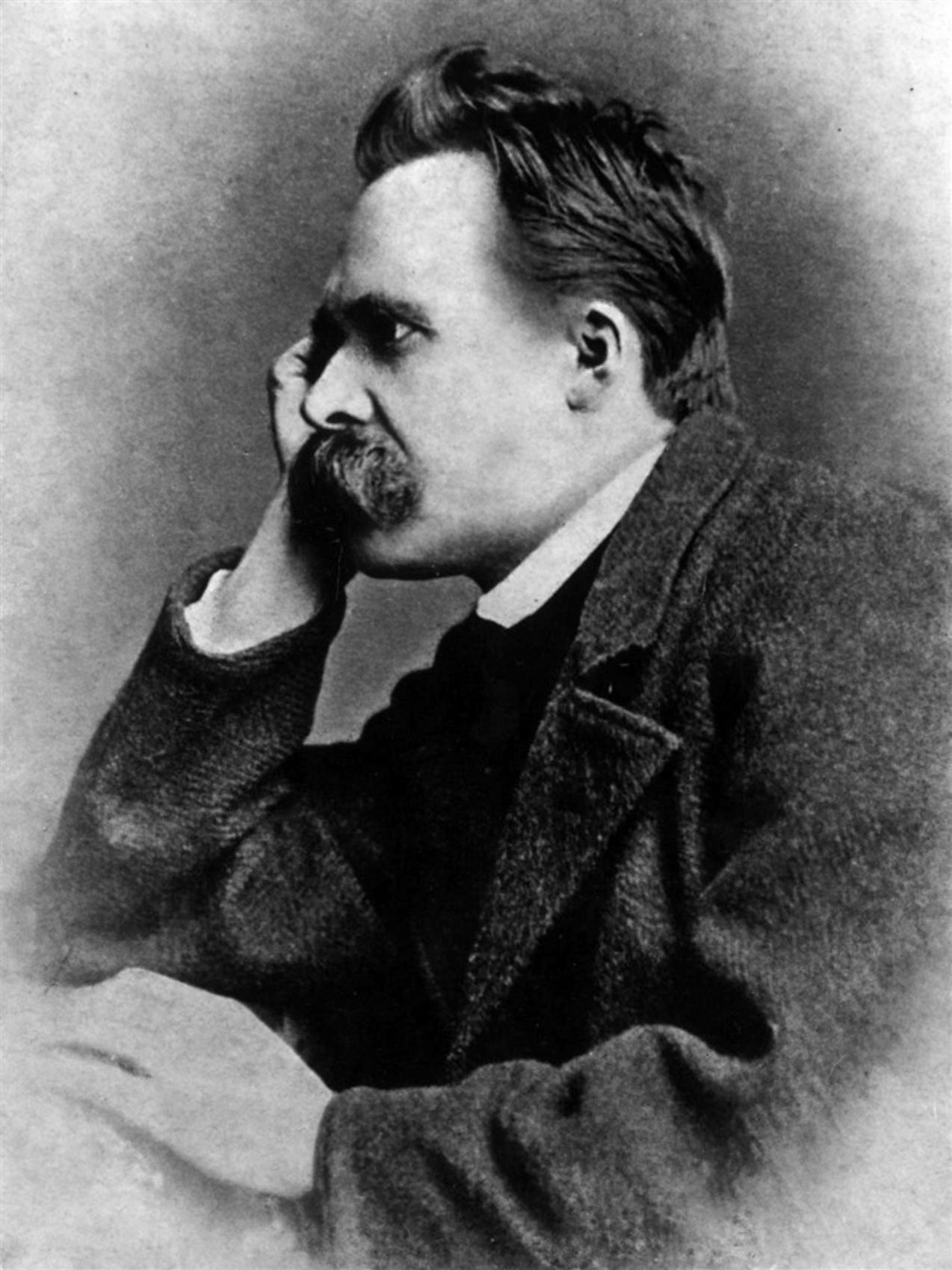Friedrich Nietzsche: God is Dead
Friedrich Nietzsche, one of the most influential philosophers of the 19th century, is often remembered for his bold and provocative declaration: “God is dead.” This phrase, which appears in his work The Gay Science, has been widely debated, misunderstood, and reinterpreted. Nietzsche’s assertion is not a literal statement about the death of a deity but rather a profound commentary on the shifting foundations of Western society and the collapse of traditional religious beliefs.
Table of Contents
The Death of God as a Metaphor
Nietzsche’s declaration that “God is dead” is often misinterpreted as an attack on religion or a simple expression of atheism. However, the phrase is far more complex. Nietzsche was not claiming that a divine being had once existed and no longer does; rather, he was commenting on the declining influence of Christianity and traditional moral values in European culture. For centuries, religious belief had provided meaning, purpose, and a moral framework for society. In Nietzsche’s view, the rise of science, secularism, and rationalism in the modern age had eroded the foundations of this belief.
According to Nietzsche, Western civilization was witnessing a cultural and philosophical crisis. People were increasingly turning away from God and religious morality, but the problem was that no new, equally powerful system had arisen to take its place. Nietzsche’s metaphorical “death of God” represented the loss of the ultimate source of moral and existential certainty. Without God, Nietzsche asked, how can humanity find meaning in a world that seems increasingly chaotic and devoid of purpose?
The Consequences of God’s Death
The death of God, Nietzsche warned, would have profound consequences. He believed that the traditional moral values upheld by Christianity were collapsing and that this would lead to a period of nihilism—a state in which people see life as meaningless, purposeless, and without inherent value. Nietzsche saw this nihilistic phase as a dangerous but necessary transitional stage in human development. Without the guiding light of religious values, humanity would be forced to confront the void and make difficult choices about how to live and what to value.
However, Nietzsche did not advocate despair in the face of nihilism. Instead, he saw it as an opportunity for renewal. The death of God meant that humanity had the freedom to redefine itself and create new values. Nietzsche believed that individuals must become “overmen” (or Übermensch)—a higher type of human being capable of transcending traditional morality and creating their own values. This process would require courage, creativity, and a willingness to reject comforting illusions in favor of a life-affirming philosophy.
A Call to Reevaluate Values
Nietzsche’s declaration that “God is dead” can be seen as a call to reevaluate the values that have guided Western civilization for centuries. He believed that the moral system based on Christian ideals of humility, meekness, and submission to divine will had outlived its usefulness in a world increasingly governed by reason and science. Rather than clinging to the past, Nietzsche argued, humanity must embrace the challenge of creating new, life-affirming values that reflect the realities of the modern world.
For Nietzsche, the death of God was both a tragedy and an opportunity. It marked the end of an era but also opened the door to a future in which individuals could take control of their own destinies. The philosopher’s work continues to resonate today as people grapple with questions of meaning, morality, and the role of religion in a secular world.
Image credit: Gustav-Adolf Schultze (d. 1897), Public domain, via Wikimedia Commons
Weekly Popular
Newsletter
Subscribe to our newsletter to stay up-to-date on our latest news and announcements.







